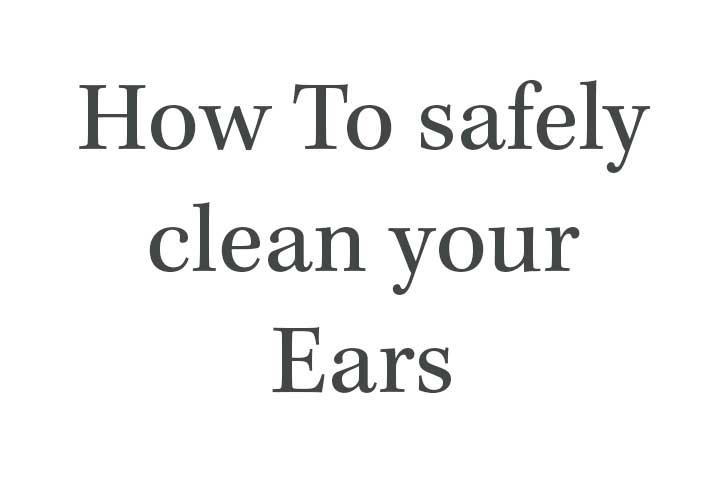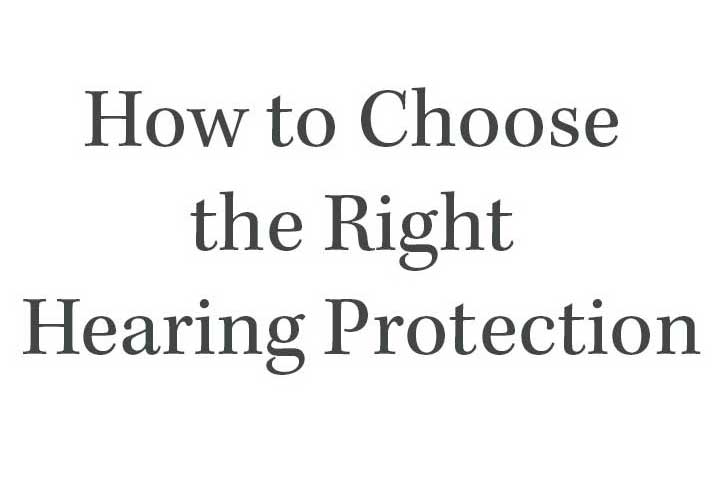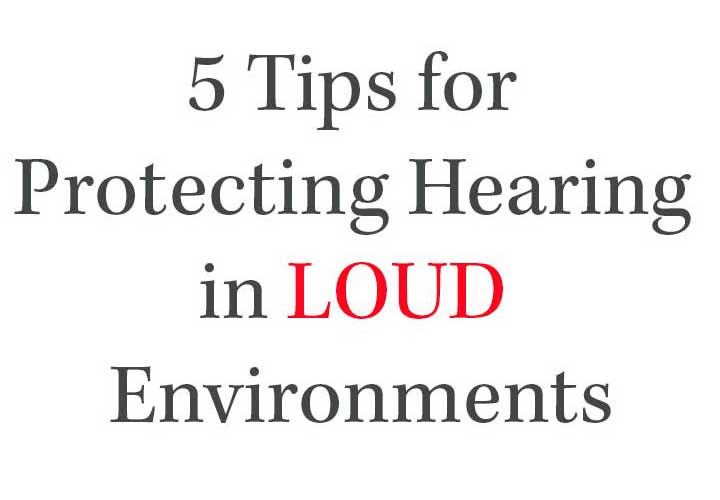How to Recognize the Signs of Hearing Loss
Introduction
Hearing loss is one of the most common sensory impairments, affecting millions of people worldwide. Unfortunately, it often develops gradually, and many individuals may not realize they’re experiencing a loss of hearing until it has progressed. Recognizing the early signs of hearing loss is essential for preventing further deterioration and maintaining your overall quality of life. In this article, we’ll outline the key symptoms of hearing loss and provide advice on when to seek professional help.
Understanding Hearing Loss
Hearing loss occurs when the ability to hear is diminished or lost, either in one or both ears. It can be caused by various factors, including aging, noise exposure, infections, and even genetics. The severity of hearing loss can range from mild to profound, with mild cases being more challenging to detect.
There are three main types of hearing loss:
- Conductive hearing loss: Occurs when sound is not efficiently transmitted through the outer ear canal to the eardrum and inner ear. This is often caused by earwax buildup, ear infections, or fluid in the middle ear.
- Sensorineural hearing loss: Results from damage to the inner ear or the auditory nerve, usually caused by aging, prolonged noise exposure, or head trauma.
- Mixed hearing loss: A combination of both conductive and sensorineural hearing loss.
Regardless of the type, early detection and intervention can help slow down the progression of hearing loss.
Key Signs of Hearing Loss
- Difficulty Understanding Speech, Especially in Crowded or Noisy Environments
One of the first signs of hearing loss is trouble understanding speech, particularly in noisy situations like social gatherings, restaurants, or busy streets. You may find that you can hear people talking but can’t quite make out the words, or you may ask people to repeat themselves frequently. This is because background noise interferes with your ability to discern speech, which is especially challenging if your hearing sensitivity to higher-pitched sounds is diminished. - Frequently Asking People to Repeat Themselves
If you’re constantly asking people to repeat what they said, it may be a sign of early hearing loss. People with hearing loss may hear parts of a conversation but miss key words or phrases, which is why they often ask for repetition. This can be particularly noticeable in one-on-one conversations or in quiet settings. - Turning Up the Volume on Devices
If you notice that you’re constantly turning up the volume on the TV, radio, or other audio devices to levels that others find too loud, it could be a sign of hearing loss. As hearing diminishes, people often increase the volume to compensate for the sounds they can’t hear as clearly. This may cause others around you to comment that the volume is too high. - Feeling That Others Are Mumbling or Speaking Unclear
Individuals with hearing loss often report that they feel others are mumbling or speaking unclearly, even though those around them are speaking at a normal volume. This is because high-frequency sounds, such as “s,” “th,” or “f,” are some of the first to be lost in age-related or noise-induced hearing loss. - Difficulty Hearing on the Phone
Struggling to hear conversations on the phone, especially in situations with poor reception or background noise, can indicate hearing loss. This problem is particularly common for people with high-frequency hearing loss. If you find that phone calls are becoming increasingly difficult to understand, it may be time for a hearing test. - Ringing or Buzzing in the Ears (Tinnitus)
Tinnitus, or ringing in the ears, is a common symptom of hearing loss. It often sounds like a persistent ringing, buzzing, or hissing sound in the ear. While tinnitus can occur for various reasons, it is commonly associated with sensorineural hearing loss. If you experience tinnitus regularly, it’s essential to have your hearing evaluated. - Avoiding Social Situations
As hearing loss progresses, individuals may begin to withdraw from social activities due to the difficulty of following conversations or the embarrassment of having to ask people to repeat themselves. This social withdrawal can lead to feelings of isolation, anxiety, or depression. If you find that you’re avoiding social situations more often, hearing loss might be contributing to these feelings. - Feeling of Fullness or Pressure in the Ear
If you experience a feeling of fullness or pressure in your ear, it may indicate a buildup of fluid or earwax, which can cause temporary conductive hearing loss. However, this symptom can also signal an underlying issue with the ear, such as an ear infection, which could affect your hearing.
When to Seek Professional Help
If you recognize any of these signs in yourself or a loved one, it’s important to consult an audiologist as soon as possible. Hearing loss can sometimes be managed or mitigated with early intervention, such as hearing aids, therapy, or medical treatments. An audiologist can perform a hearing test to determine the extent and type of hearing loss and recommend the best course of action.
Some situations where it’s especially important to seek professional help include:
- Sudden hearing loss or hearing changes in one or both ears.
- Persistent ringing or buzzing in the ears (tinnitus).
- Difficulty hearing speech clearly, even in quiet settings.
- Ear infections or fluid buildup in the ear that doesn’t resolve.
- If you feel your hearing is affecting your quality of life or social interactions.
Conclusion
Recognizing the signs of hearing loss early is essential for maintaining your hearing health and quality of life. Hearing loss doesn’t always happen suddenly, but by paying attention to changes in your hearing, you can seek help before the problem worsens. If you’ve noticed any of the symptoms mentioned above, it’s time to schedule a hearing test with an audiologist. Early intervention can help preserve your hearing and improve your overall wellbeing, so don’t wait—take the first step toward better hearing today.




